Flood Zones and Home Buying | What Buyers and Sellers Need to Know
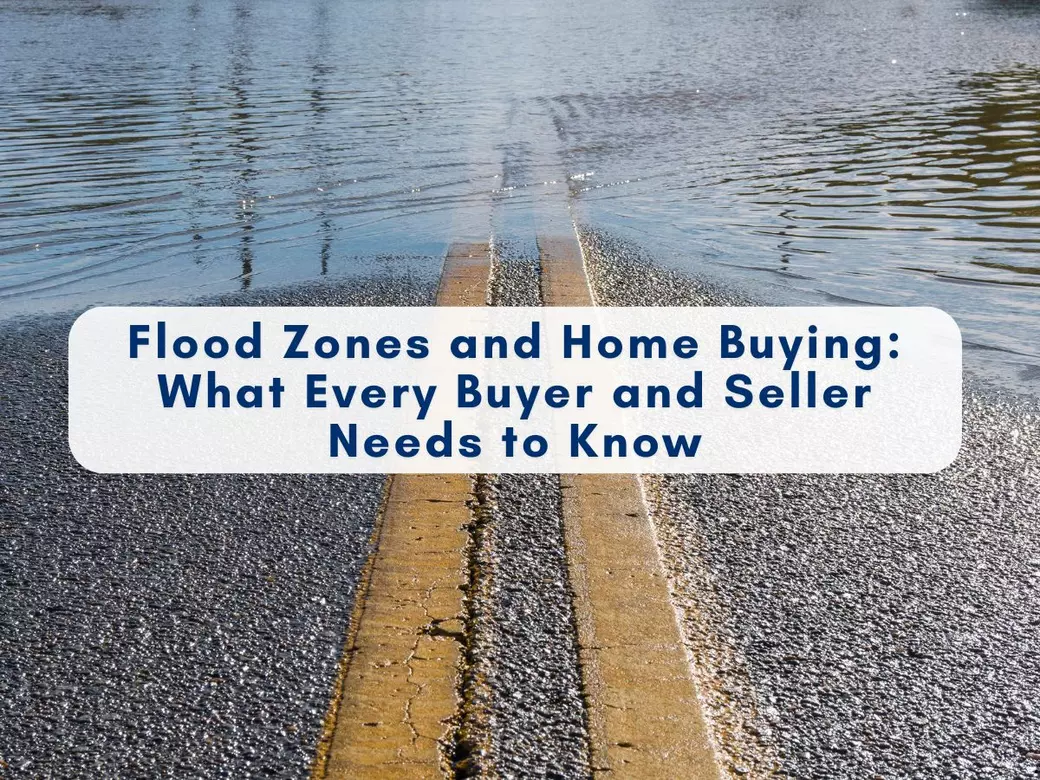
Flood Zones and Home Buying: What Every Buyer and Seller Needs to Know
Flooding might not be the first thing on your mind when shopping for a home or preparing to sell—but it should be. According to FEMA, 99% of U.S. counties experienced at least one flooding event between 1996 and 2019. Flooding isn’t just a coastal issue; it can happen in rural areas, small towns, and suburbs alike.
For first-time home buyers, this raises a critical question: Is the home I’m considering in a floodplain? For home sellers, it means understanding how your property’s location may affect buyer interest and for land buyers, knowing about flood risk upfront can save you from investing in a piece of property that could be difficult or costly to build on.
Let’s dive into everything you need to know about flood zones, how to research them, and how they affect your buying or selling journey.
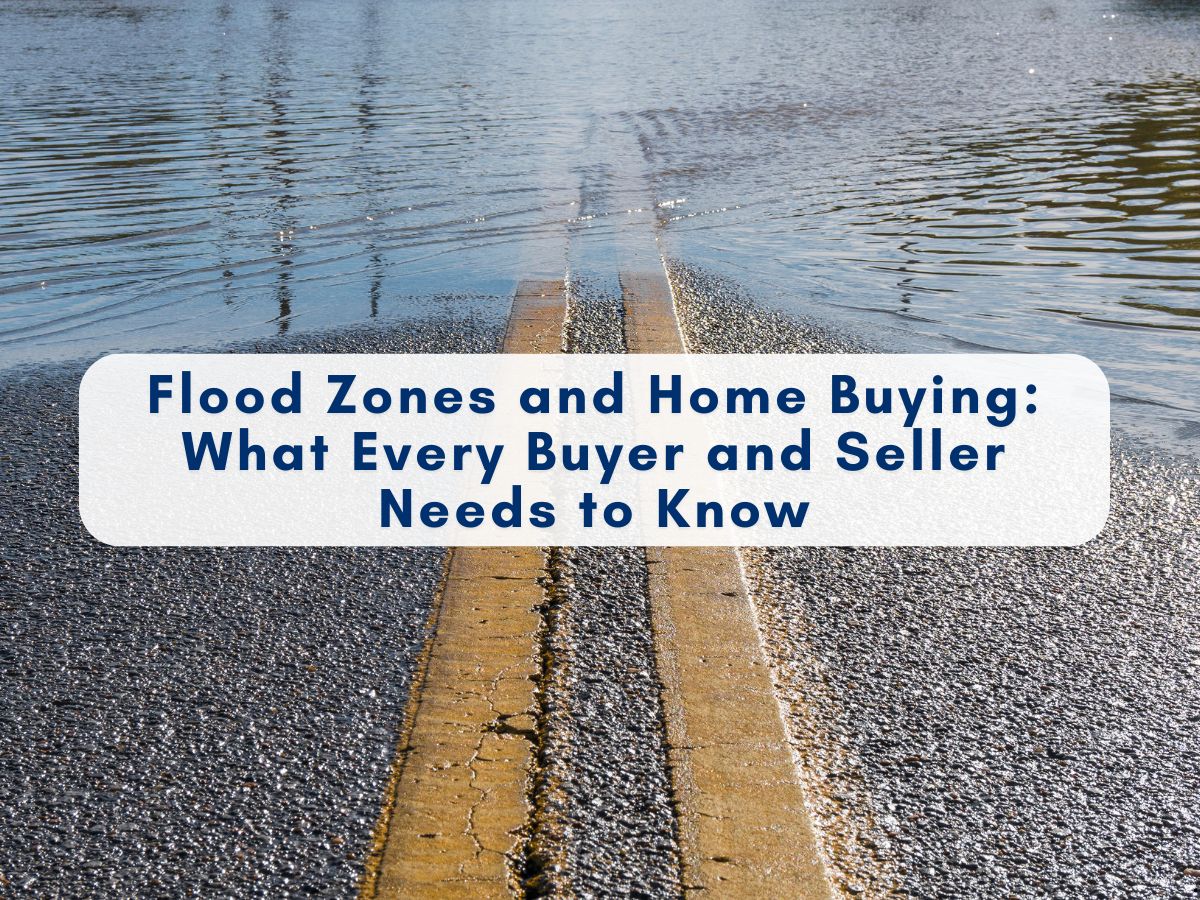
What Is a Floodplain?
A floodplain is any area of land that can become inundated with water from flooding. According to FEMA, it’s “…susceptible to being inundated by floodwaters from any source.”
Floodplains can exist along rivers, lakes, creeks, and even in areas that don’t seem prone to water issues. Heavy rain, hurricanes, rapid snowmelt, or poor drainage systems can all lead to unexpected flooding.
If you’re buying land or a home, it’s essential to check whether the property is located within one of FEMA’s Special Flood Hazard Areas (SFHAs). These zones come with higher flood risks and often require flood insurance if you’re financing with a mortgage.
🏠Why Flood Zones Matter to Home Buyers
Buying a home is one of the biggest financial decisions you’ll ever make, and flood risk can affect everything from monthly costs to long-term value.
Here’s why flood zones matter for buyers:
-
Mortgage Requirements – If the home is in a high-risk flood zone, lenders will require you to purchase flood insurance before approving the loan.
-
Insurance Costs – Standard homeowners insurance does not cover flood damage. You’ll need a separate flood insurance policy, which can add hundreds of dollars to your annual housing costs.
-
Resale Value – Homes in high-risk areas may be harder to resell because buyers are wary of future flood damage and extra costs.
-
Peace of Mind – Beyond finances, living in a flood-prone area can cause stress every time there’s heavy rain.
💡For first-time home buyers already navigating down payments, inspections, and mortgage terms, flood insurance is one more factor to budget for.
What Sellers Need to Know About Flood Zones
If you’re selling a home in or near a floodplain, transparency and disclosure is key. Buyers will discover the property’s risk through the disclosure packet, insurance quotes, or their lender’s requirements—so it’s best to be upfront.
Here’s how flood zones can affect your sale:
-
Buyer hesitation: Some buyers may walk away once they learn about required flood insurance.
-
Pricing impact: Homes in high-risk zones may sell for less, depending on local market demand.
-
Marketing opportunity: If your home is in a managed community with flood mitigation systems or has never experienced water issues, highlight these points to ease buyer concerns.
The bottom line: flood zones don’t automatically make your home unsellable, but pricing strategy and clear communication are critical.
🌳 What Land Buyers Should Consider
Buying land with the goal of building your dream home is exciting—but before you fall in love with that perfect lot, check its flood risk.
Why it matters:
-
Building restrictions: Local governments may limit construction in high-risk flood areas.
-
Insurance costs: Even bare land in a flood zone can require coverage once you begin building.
-
Resale challenges: Future buyers may hesitate to purchase land with known flood risks.
✅For land buyers, a quick flood map check can prevent costly surprises later.
Homeowners Insurance Doesn’t Cover Flood Damage
One of the most common myths in real estate is that homeowners insurance covers all types of water damage. Unfortunately, this isn’t true.
-
❌ Water damage: Typically covered when caused by sudden events like a burst pipe or leaking roof.
-
❌ Flood damage: Not covered. Defined by FEMA as “a general and temporary condition of partial or complete inundation of two or more acres of normally dry land area or of two or more properties.”
Here’s the rule of thumb: if water touches the ground before it enters your home, it’s considered flood damage—and it’s not covered by standard policies.
Flood Insurance: What You Need to Know
So how can you protect yourself? The answer is flood insurance.
Flood insurance can be purchased through:
-
The National Flood Insurance Program (NFIP), managed by FEMA.
-
Private insurance companies, which sometimes offer competitive rates and coverage.
Flood insurance costs vary depending on:
-
The home’s flood zone classification.
-
Elevation and foundation type.
-
Coverage limits you choose.
According to FEMA, premiums can range from a few hundred dollars to several thousand annually. With climate change driving up flood risks, rates have risen in recent years—making it even more important to budget for these costs upfront.
How to Find Out if a Property Is in a Floodplain
Checking flood risk should be one of the first steps when considering a property. Here’s how you can do it:
-
Use FEMA’s Flood Map Service Center – Enter the address to see flood zone designations for the property.
-
Ask your insurance agent – They can provide quotes based on flood zone data.
-
Check with your lender – Mortgage companies rely on official flood determinations before issuing loans.
💡Pro tip: Even if a home is not in a designated flood zone, consider optional flood insurance if the area has a history of heavy rain or water issues.
Balancing Risk and Opportunity
Flood zones don’t have to be dealbreakers. Some of the most beautiful waterfront communities are in higher-risk areas, and plenty of buyers are willing to pay for the lifestyle. The key is to understand:
-
The real risk level.
-
The insurance requirements and costs.
-
How the property fits into your financial and lifestyle goals.
For sellers, knowing how to market your home and address buyer concerns can make all the difference. For buyers, preparation ensures you won’t be blindsided by hidden costs.
Key Takeaways
-
Flooding is the most common and costly natural disaster in the U.S.
-
A floodplain is any area susceptible to flooding, as defined by FEMA.
-
Homeowners insurance does not cover flood damage—you need a separate policy.
-
Lenders require flood insurance for homes in high-risk areas.
-
Sellers should disclose flood risk early to build buyer trust.
-
Land buyers should verify flood maps before making an offer.
Flood risk is one of those hidden factors that can dramatically affect the home buying or selling process. Whether you’re a first-time buyer, a seller preparing to list, or someone looking at land for your future dream home, knowing how flood zones and insurance work will help you make smarter, more confident decisions.
If you’re unsure about a property’s flood risk—or how it might impact your purchase or sale—I can help you navigate the process. Together, we’ll review the maps, understand the costs, and weigh your options so you can move forward with peace of mind.
👉 Ready to take the next step? Reach out today to schedule a consultation and get expert guidance tailored to your situation.
Categories
Recent Posts

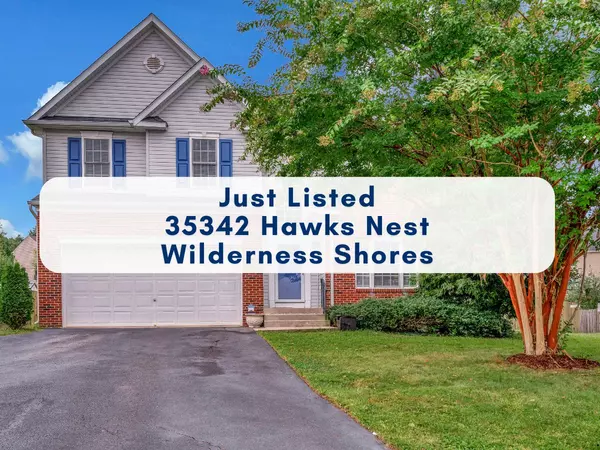
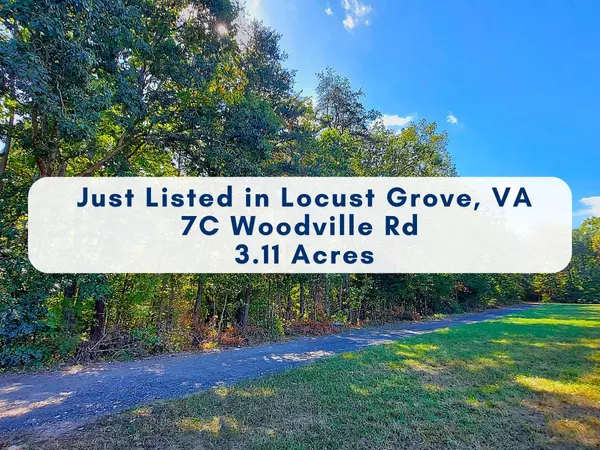
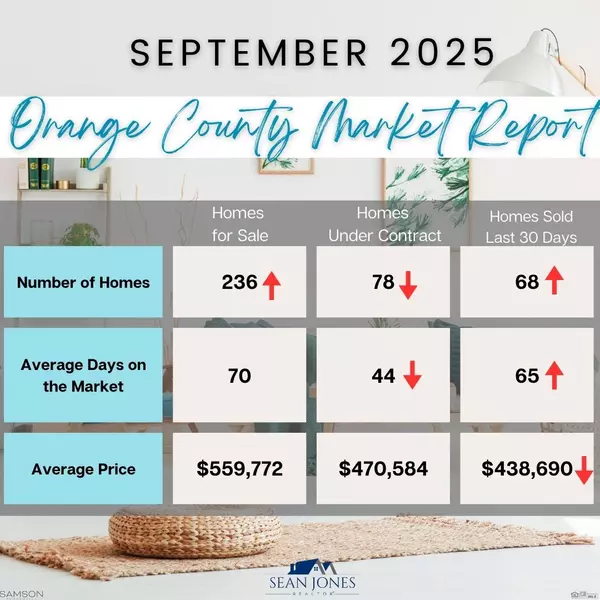
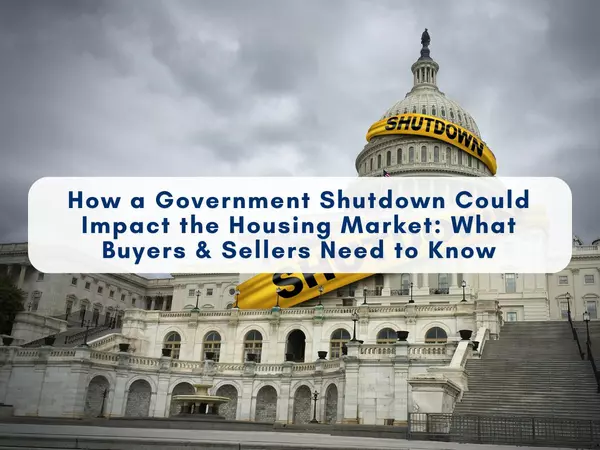
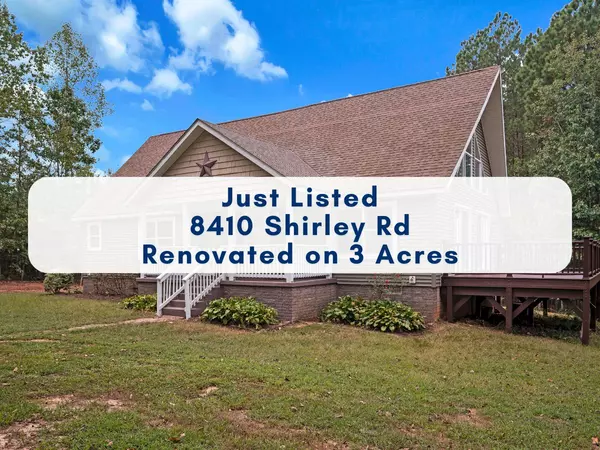
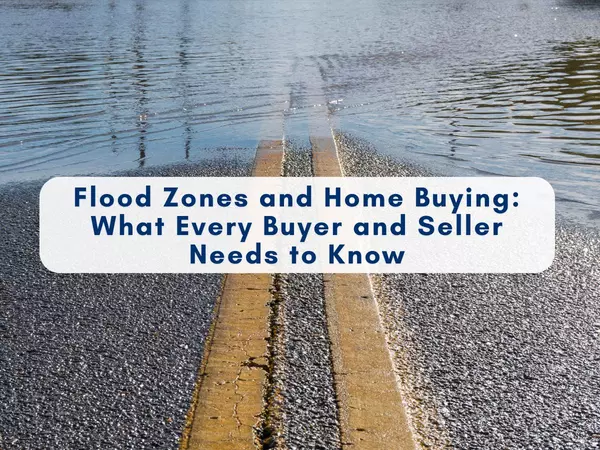
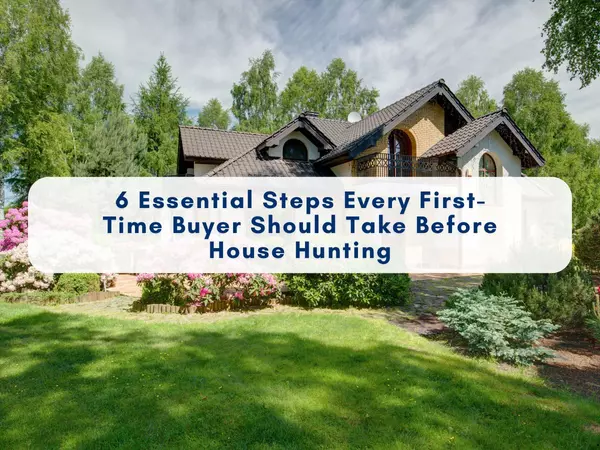
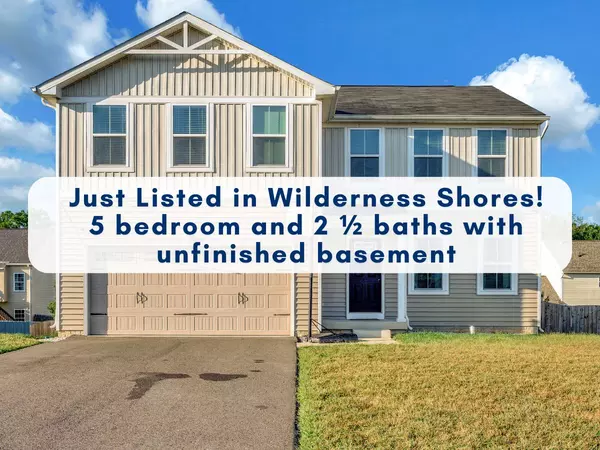
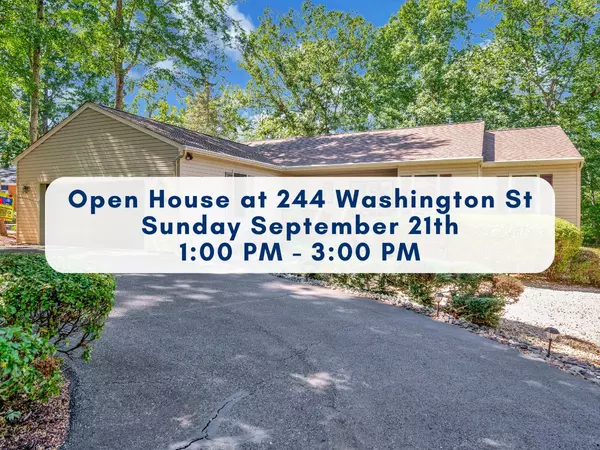

Buying a home isn’t just a financial decision—it’s a deeply personal journey filled with hopes, dreams, and big life changes. That’s why choosing the right real estate professional is one of the most important steps you can take.
A knowledgeable and experienced REALTOR® does more than open doors and write offers. They’re your advocate, your problem-solver, and your steady guide through what can sometimes feel like an overwhelming process. Whether it's navigating a competitive market, negotiating on your behalf, or keeping things on track behind the scenes, the right agent is there to protect your interests every step of the way.
In the end, buying a home should be an empowering experience. With the right person by your side—someone who brings both expertise and heart—you can move forward with confidence, knowing you're in good hands with Sean Jones.
GET MORE INFORMATION
